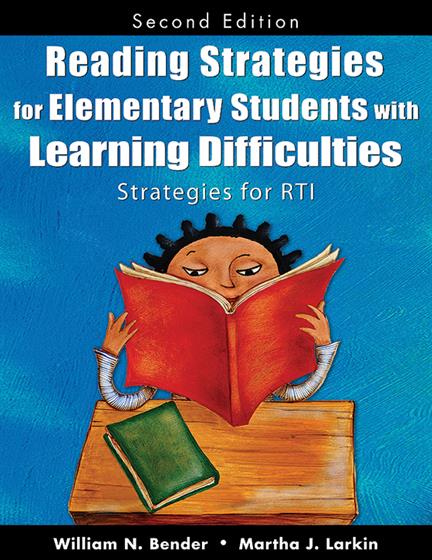Hands-on, Practical Guidance for Educators
From math,
literacy, equity, multilingual learners, and SEL, to assessment, school counseling,
and education leadership, our books are research-based and authored by experts
on topics most relevant to what educators are facing today.

Updated Edition of Bestseller
Reading Strategies for Elementary Students With Learning Difficulties
Strategies for RTI
Second Edition
A one-stop source of proven reading strategies to use with RTI!
Offering practical, research-based strategies for students with learning difficulties as well as those who struggle with reading, this second edition of a bestseller helps general and special education teachers strengthen reading instruction within a Response to Intervention (RTI) framework. The authors provide RTI case studies and offer effective strategies for:
- Implementing early literacy and brain-compatible reading instruction and assessments
- Developing phonological and phonemic instruction
- Promoting effective progress monitoring in reading
- Building vocabulary and reading fluency
- Boosting reading comprehension, especially in the content areas
Product Details
- Grade Level: K-7
- ISBN: 9781412960694
- Published By: Corwin
- Year: 2009
- Page Count: 272
- Publication date: June 15, 2012
Review Copies
This book is not available as a review copy.



